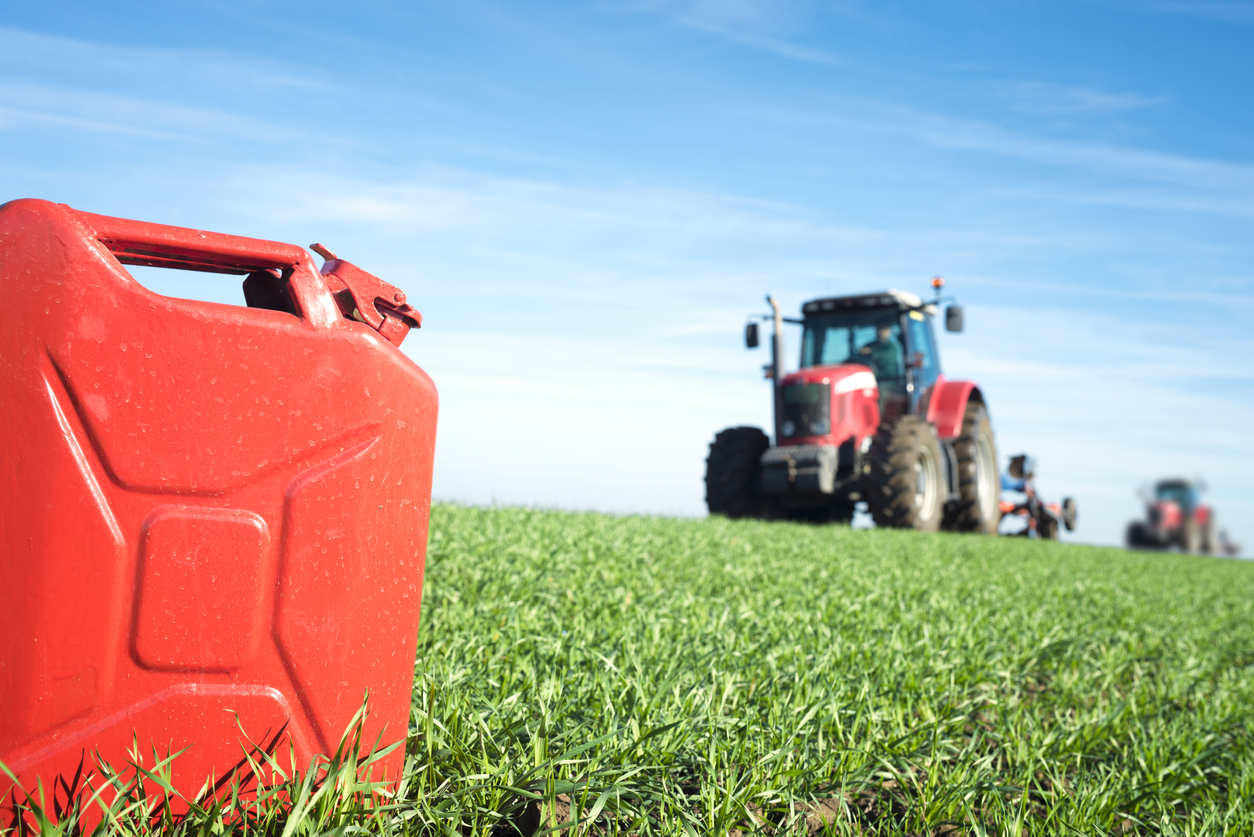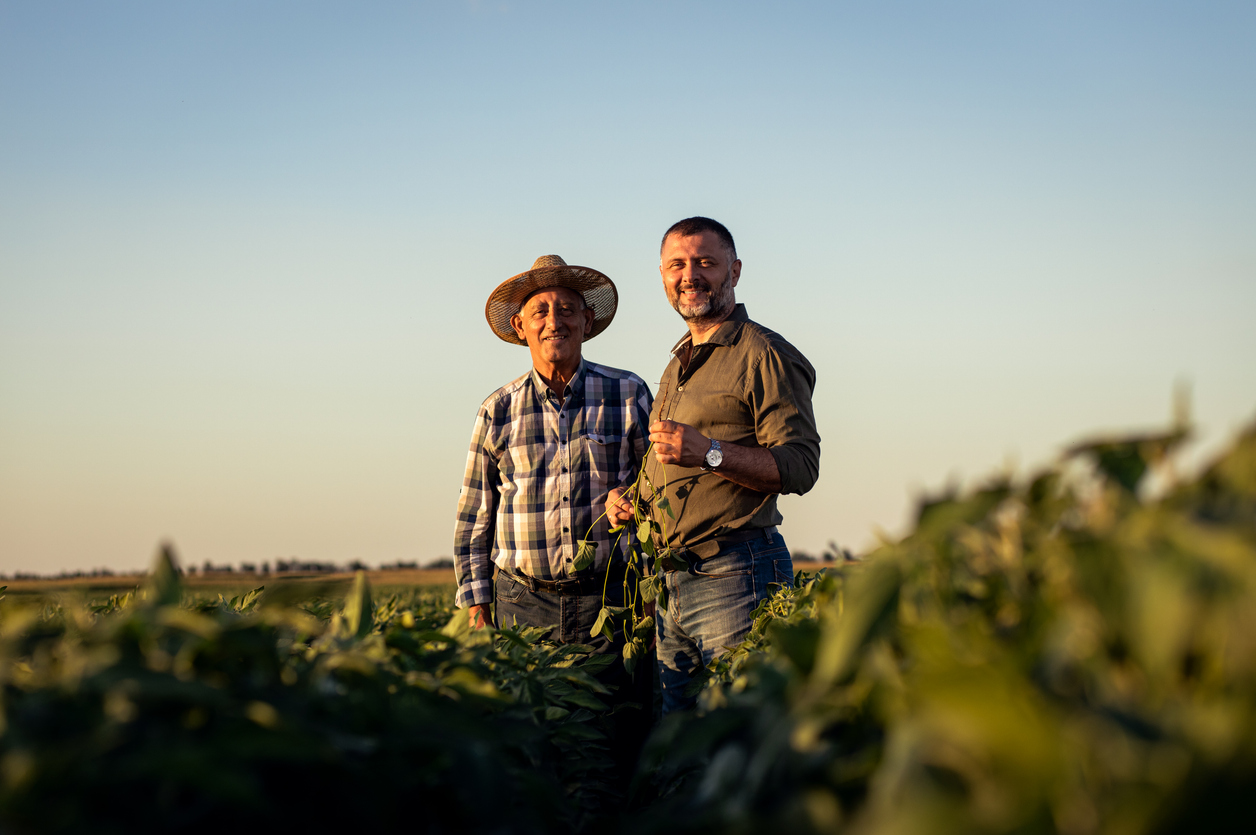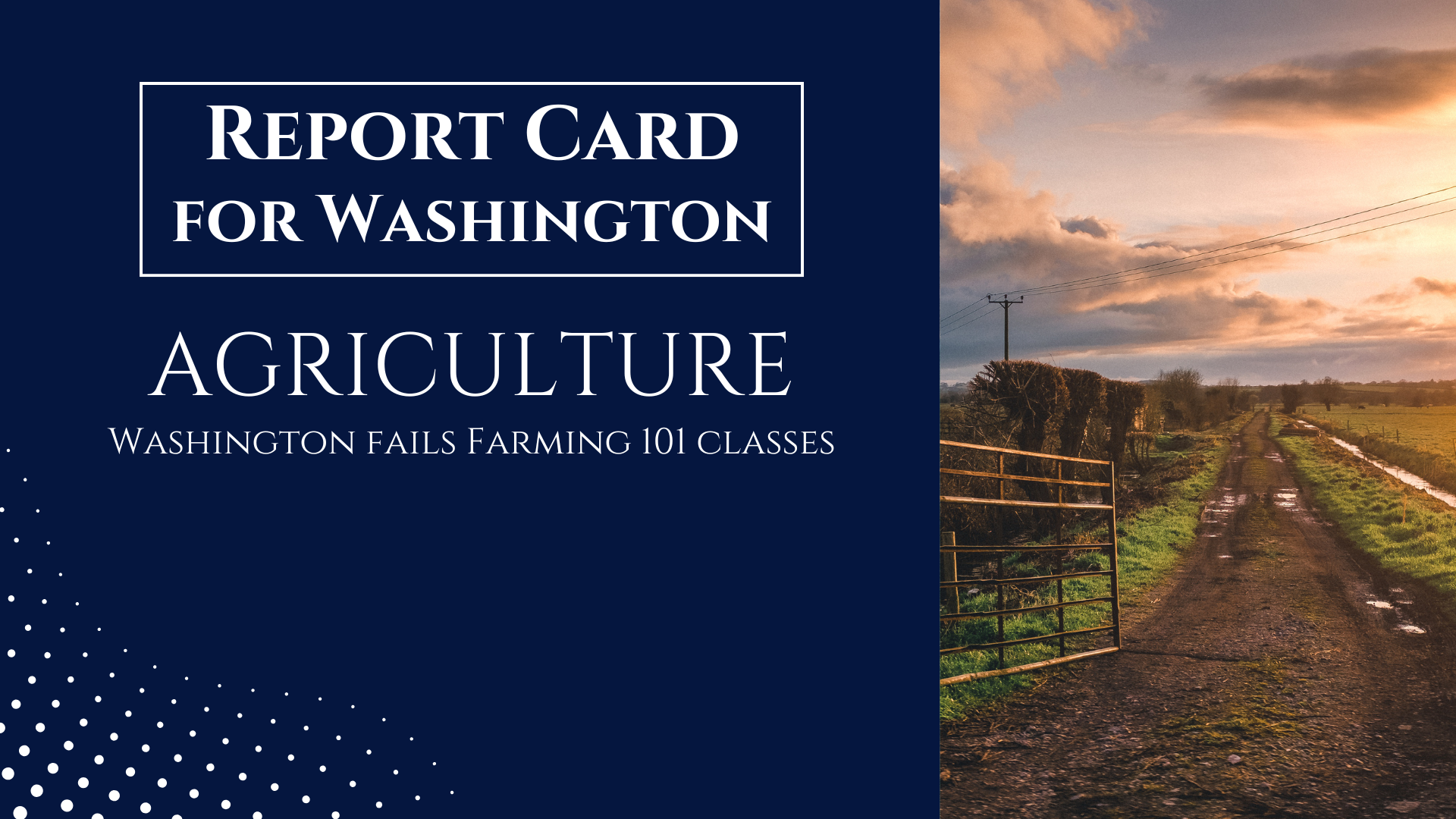Related Articles
When the Climate Commitment Act became law, food producers and transporters were supposed to be exempt from the fuel tax. However, no steps were taken to ensure they would be.
It has taken years since the implementation of the Climate Commitment Act (CCA) for the legislature to find a work around for farms, ranches, and food transporters. The fixes built into Engrossed Second Substitute House Bill 1912 create workable opportunities for food producers now and leave room for negotiating additional fixes in the future. In a legislative session that has been mired by budget woes, threading the needle to gain near-unanimous legislative support is a sign the bill is a step in the right direction.
The bad news is there are a few things the bill does not do, most crucially, it does not protect the current remittance fund being run by the Washington State Department of Licensing. Under that program, producers can file a self-attestation regarding their fuel use and receive up to $4,500 of their own money back for 10,000 of fuel purchased.
The $30 million in that fund was allocated by the legislature last year. Much of that allocation is still in the account due to lack of use. When the account was established by the legislature, it was a clear “use it or lose it” approach to funding the account. With producers choosing not to “use it,” the legislature could choose to “lose it” for our farmers and ranchers. The bill does not specifically address funding in the remittance account, so there are no guarantees the account will remain at its current funding level.
The good news is the bill creates a list of stations around the state where ag fuel purchasers can buy gasoline and diesel without being assessed the CCA fuel tax. The “list” is required to be accessible via website by October 2025 and encourages fuel sellers to participate through fuel card or membership-based programs. The bill also extends the exemption of agriculture from the CCA tax until 2030, giving the agricultural community time to come up with a permanent solution that works the whole community long-term.
Under the original CCA, “special fuels” used in agriculture were also supposed to be exempt from the fuel tax. Under ESSHB 1912, as amended, special fuels are tax exempt for all forms of ag use, including use for hop dryers, chicken houses and nurseries.
With bicameral support for ESSHB 1912 and Gov. Bob Ferguson indicating his desire to see a workable ag fuel fix in place before the end of the legislative session, all signs point to the bill being signed into law soon. Getting the exemption farmers and ranchers were promised finally operational after years of waiting is a big win for our food producers and transporters.
In the meantime, it is critically important for Washington state’s farm and ranch community to reclaim their money through the CCA remittance program before the fund is diminished and, potentially, given more restrictive rules for its use. It is not often taxpayers are given the opportunity to take their money back from the government, when those chances arise, it is important to embrace them.





